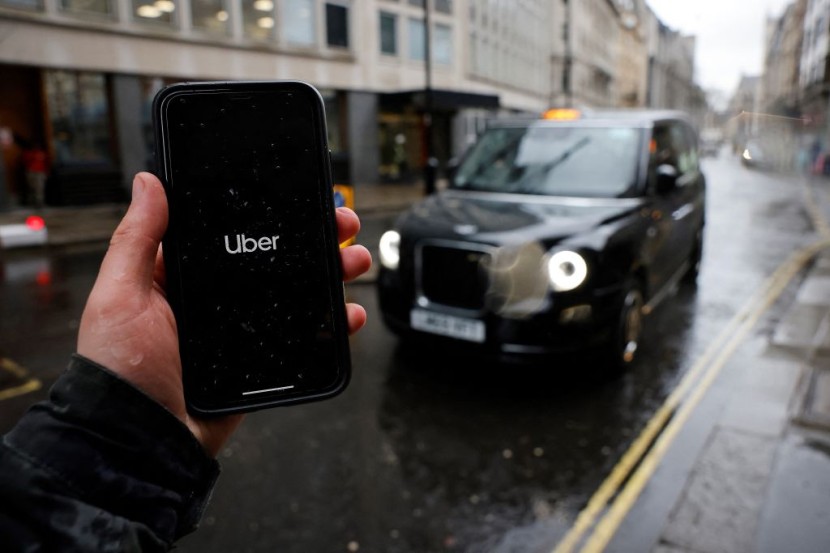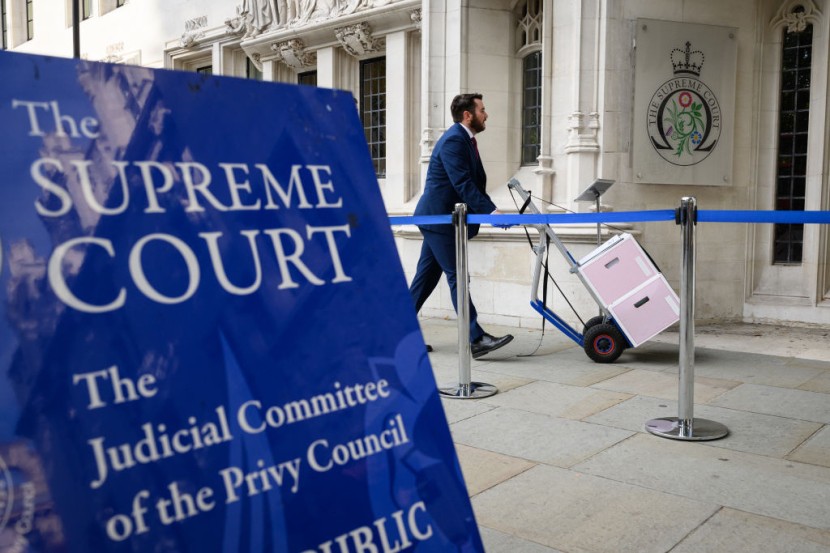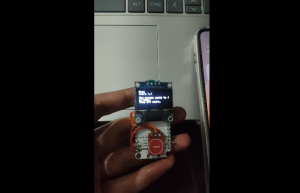
Former Uber driver James Farrar, who was known for taking the ridesharing app Uber to the Supreme Court of the UK (UKSC) and winning in 2021, has announced he was planning to sue the company again at the employment tribunal on June 26.
According to The Standard, the UKSC stated in a ruling that Uber drivers must be treated as workers and not as self-employed individuals.
Farrar and fellow members of the App Drivers & Couriers Union (ADCU) were present during Uber's press conference in Central London Thursday to protest for better rights. He claimed he has refused to accept a settlement and sign a non-disclosure agreement following the UKSC's decision. Farrar also demanded a judgment to be logged dictating exactly how Uber was allowed to define and calculate a minimum wage for its drivers.
"There are 100,000 Uber drivers still being cheated out of their full statutory rights by Uber and private settlements prevent the courts ever reaching a proper determination," he said. "I feel like I would have wasted my time and failed our campaign if I did not push on to a final court judgment that could be used to protect all Uber drivers in the future."

Farrar vs. Uber
In 2016, Farrar and fellow ex-Uber driver Yaseen Aslam sued Uber at the employment tribunal and won. However, Uber appealed against the employment tribunal decision and kept appealing until the UK Supreme Court finally favored Farrar and Aslam.
In the ruling, Lord Leggatt said the UKSC unanimously dismissed Uber's appeal that it was an intermediary party, stating the company should consider the drivers as working not only when driving a passenger, but whenever logged in to the app.
During the legal process, Uber stated all British drivers always earn at least the National Living Wage, which is currently £10.42 ($13.02). If drivers' earnings, after vehicle expenses and other charges, were lower than the National Living Wage, Uber promised to top up their earnings. The company also paid drivers holiday pay every week, which was calculated by multiplying their earnings by 12.07%.
However, Farrar said Uber's concept of a "minimum wage" fell short because it only paid for the journey, from the moment the driver picked up a passenger until the moment the passenger got out of the car. "Uber has unilaterally decided not to pay drivers for waiting time and has failed to adjust their own minimum wage calculations to account for inflation and the significant extra costs in shifting to electric vehicles," he said.
Some drivers, on the other hand, dismissed Farrar as an "entitled" driver. "It sounds like they want all the benefits of flexible working and guaranteed earnings for a whole shift, too," said Uber driver Eniola Robbin, who attended the company's event Thursday morning. "This means that they could sit around and be paid, even while they are not actually driving. That's simply not realistic."
Meanwhile, Uber has not yet responded to the allegations.
Related Article: Tech CEO Beau Mann Found Dead in California Nearly 2 Years After Disappearance on Uber Ride
© 2025 HNGN, All rights reserved. Do not reproduce without permission.








